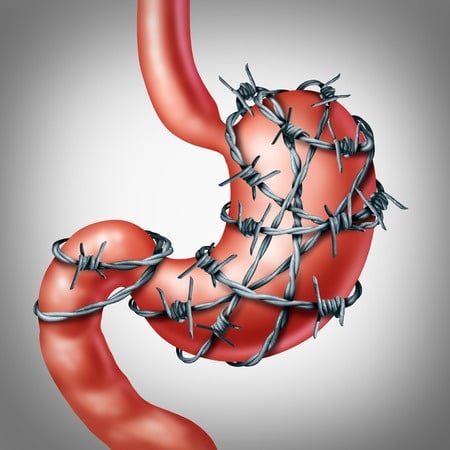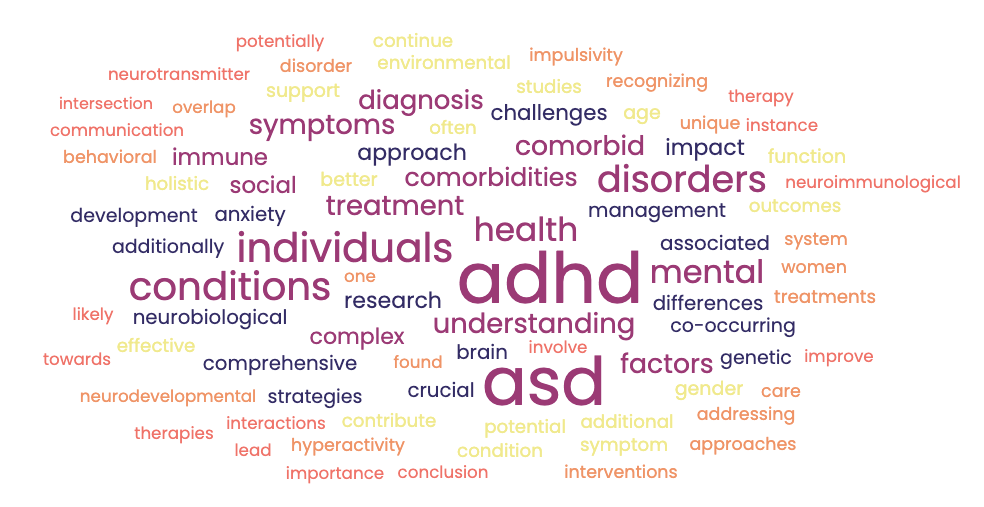Many people speak of the “fight or flight” response that occurs in the body when something stressful happens. Stress can be caused by upcoming exams, playing in game 7 of the world series (or watching the game as a diligent fan), running late for work, arguing with another person, paying the bills, running from a bear in the woods, having a big surgery, getting injured, or even just constantly being on the go and never taking the time to sit down and take a few deep breaths. There are many things that cause the body to kick in to high alert. The “fight or flight” response is a protective mechanism that our bodies do without thinking about it. This response is what kept our ancestors alive when they roamed the earth in need of food, shelter and safety a million years ago.
Take a moment to think about any of the stressful situations mentioned above. During any of these situations do you think it would be helpful for the body to all of a sudden say “Hmmmm…I think this is a good time for me to poop.” Absolutely not! The last thing you would want to do when you are being chased by a lion is to have to think about where, how and when you will stop to use the restroom. This is another protective mechanism your body has inherited over time.
When we are in a “fight or flight” response, our bodies:
- Stimulate the sympathetic nervous system
- Pupils dilate so we can see better
- Heart rate and blood pressure rise so our muscles get the oxygen they need to work harder
- Hormone levels shift to increase the feeling of adrenaline and decrease the body’s awareness of being tired, scared and/or in pain
- Muscle is broken down to help provide energy for the response
- Override the parasympathetic nervous system (rest and digest response)
- Digestion is stopped so more blood can go to our muscles and so we don’t have to worry about going to the restroom
- The ability to slow heart rate is turned off
- The ability to save up energy is stopped
- Other side-effects of the shift in our nervous system activity include:
- Immunity is suppressed due to elevated hormone levels
- The body’s inflammatory response is triggered
- The body’s ability to prevent cell damage and detoxify harmful chemicals decreases due to the body’s inflammatory response
- Fat digestion is impaired
- Glucose and cholesterol are release in the blood
- Fat and fluid are retained
- Energy levels decrease (energy is used up by the “fight or flight” response resulting in less overall energy. Hence you want to take a nap after a long day at work.)
- Mood fluctuations occur due to energy and hormone shifts
Most people do not think about how the stress in their lives is affecting their digestion, but many studies have found links between chronic stress and gastrointestinal symptoms. When the gastrointestinal tract and digestion are stopped, less stomach acid and digestive enzymes are released. This makes it difficult to break food down and absorb nutrients. Instead, the body learns to break down muscle and over time actually replaces it with fat and extra fluid. Also, as the body is constantly breaking muscle down and releasing glucose in to the blood for energy, the pancreas is forced to work in overdrive to secrete insulin to help the body’s cells use the glucose. Some scientists think that high levels of insulin may contribute to craving sugary foods when we are stressed. Who hasn’t thought about eating a whole pack of cookies or whole carton of ice cream when they are stressed?!
What all of this means is that our bodies are not designed to be on high alert at all times. And when we are, our bodies do not know how to use the food that we eat. As you run to catch the bus, energy bar in hand, or eat lunch while checking email on your phone, or worry about the day, or think about negative emotions tied to a relationship, you are telling your body “Emergency! Do not digest!” The digestive system is turned off, which negatively affects the nutritional value of food. It can also lead to digestive symptoms, such as heartburn, bloating, belching, feeling like food is just sitting in your stomach, and stomach pain. So here is yet another reason to take the time to be mindful and de-stress everyday. It is important for your mind and body, including digestion and nutrition.








